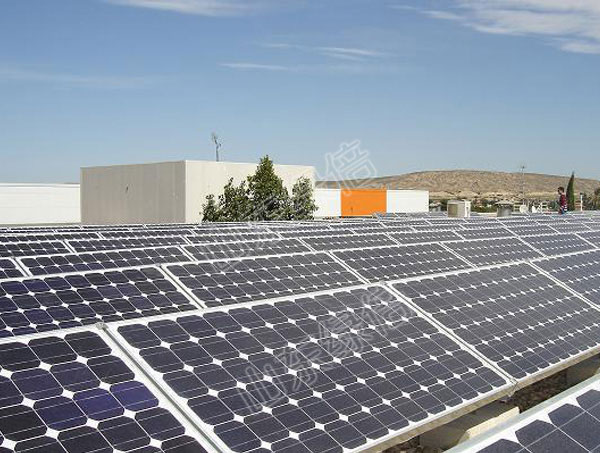Power generation efficiency of solar panels
Monocrystalline silicon solar energy has the highest photoelectric conversion efficiency of 24%, which is the highest among all kinds of solar cells. However, the manufacturing cost of monocrystalline silicon solar panels is so high that it can not be widely used. In terms of production cost, polycrystalline silicon solar panels are cheaper than monocrystalline silicon solar cells, but the photoelectric conversion efficiency of polycrystalline silicon solar cells is much lower. In addition, the service life of polycrystalline silicon solar cells is shorter than monocrystalline silicon solar panels. Therefore, in terms of performance price ratio, monocrystalline silicon solar cells are slightly better.
Researchers found that some compound semiconductor materials are suitable for solar photoelectric conversion films. For example, CDs, CdTe; III-V compound semiconductors: GaAs, aipinp, etc; Thin film solar cells made of these semiconductors show good photoelectric conversion efficiency. Semiconductor materials with gradient band gap can expand the range of solar absorption spectrum and improve the photoelectric conversion efficiency. So that thin-film solar panels have broad prospects for a large number of practical applications. Among these multicomponent semiconductor materials, Cu (in, GA) Se2 is a solar light absorbing material with excellent performance. Based on it, thin film solar cells with significantly higher photoelectric conversion efficiency than silicon can be designed, and the photoelectric conversion rate can be 18%




